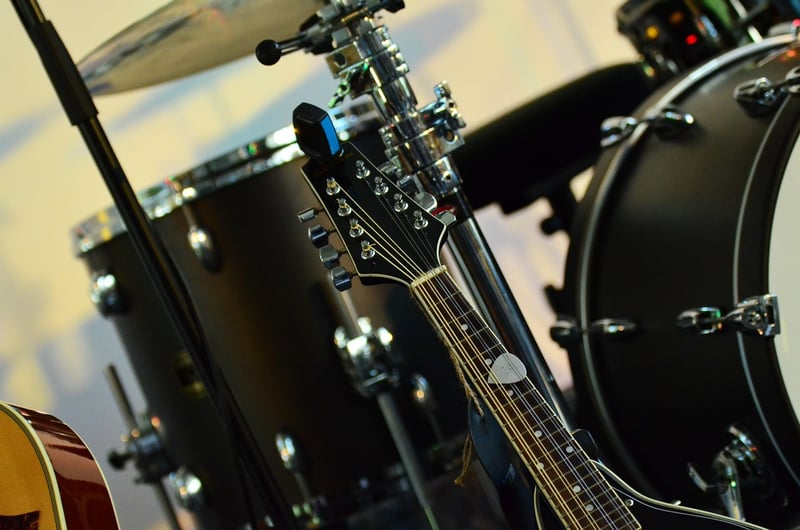Future Entertainment
The Evolution of Leisure: From Ancient Times to the Future
Ancient Times
In ancient civilizations, leisure activities were often tied to religious or ceremonial practices. People engaged in activities like storytelling, music, dance, and sports to connect with their culture and community.
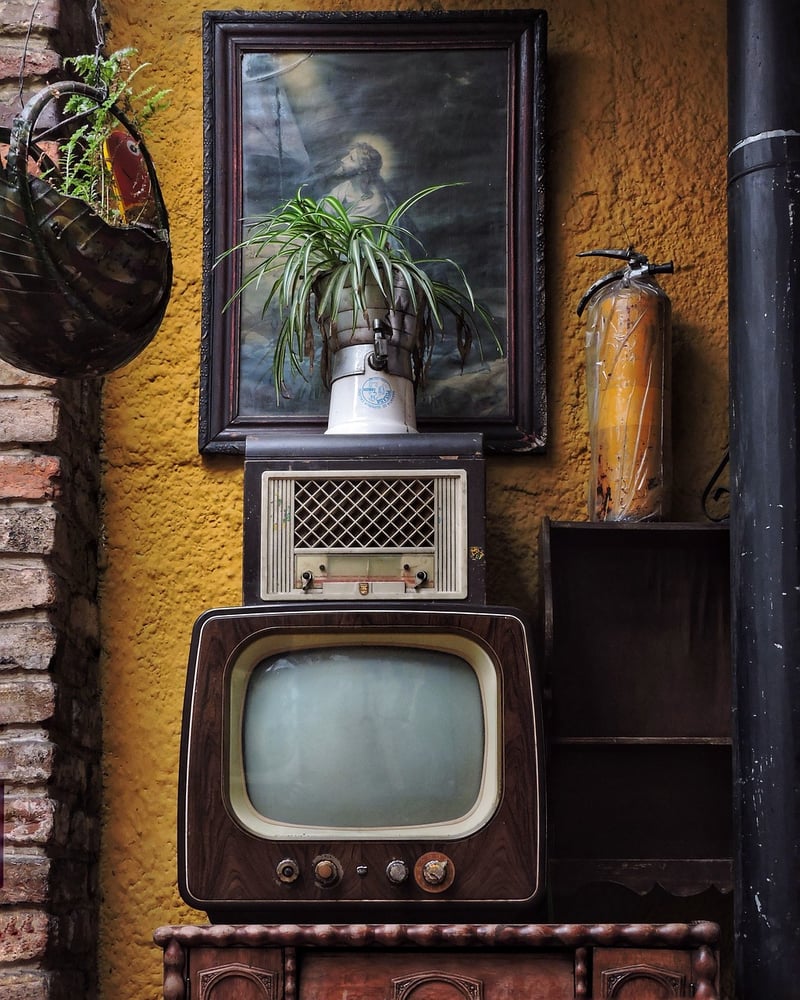
Medieval Period
During the medieval period, leisure activities were often reserved for the noble classes. Hunting, feasting, and tournaments were popular pastimes among the aristocracy, while peasants enjoyed simpler activities like fairs and dancing.
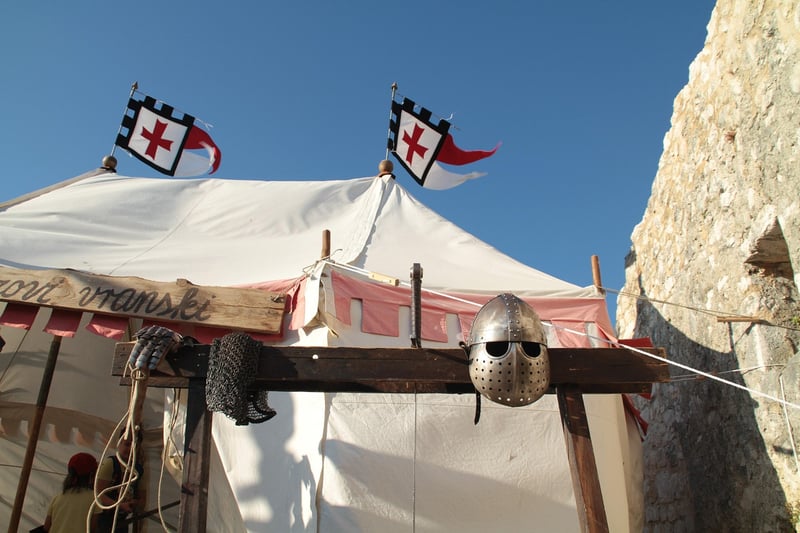
Industrial Revolution
The Industrial Revolution brought significant changes to leisure activities. With the rise of urbanization and the weekend off work, people had more time for recreational pursuits. This era saw the popularity of public parks, theaters, and sports clubs.
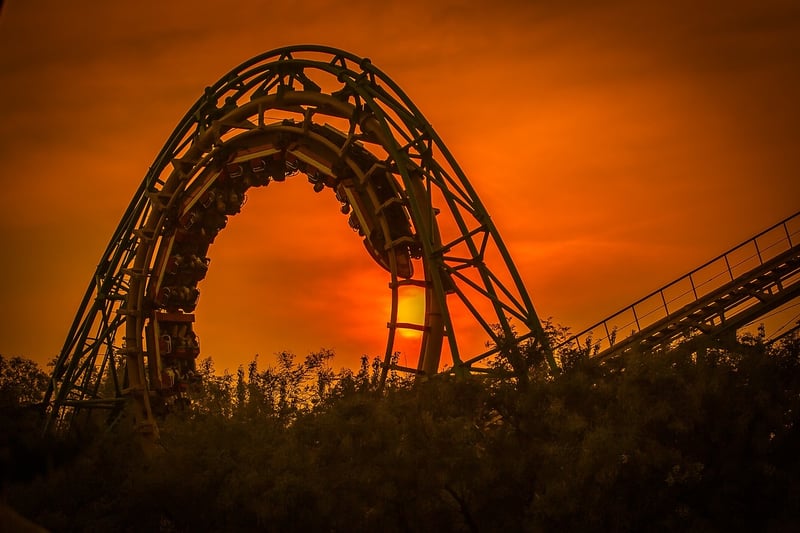
Modern Times
In modern times, leisure activities have become more diverse and accessible to people from all walks of life. From watching movies and playing video games to traveling and attending music festivals, there is a wide range of options for entertainment and relaxation.

The Future of Entertainment
Looking ahead, the future of entertainment is set to be shaped by technology. Virtual reality, augmented reality, and artificial intelligence are expected to revolutionize how we experience leisure activities. From immersive gaming experiences to interactive virtual travel, the possibilities are endless.
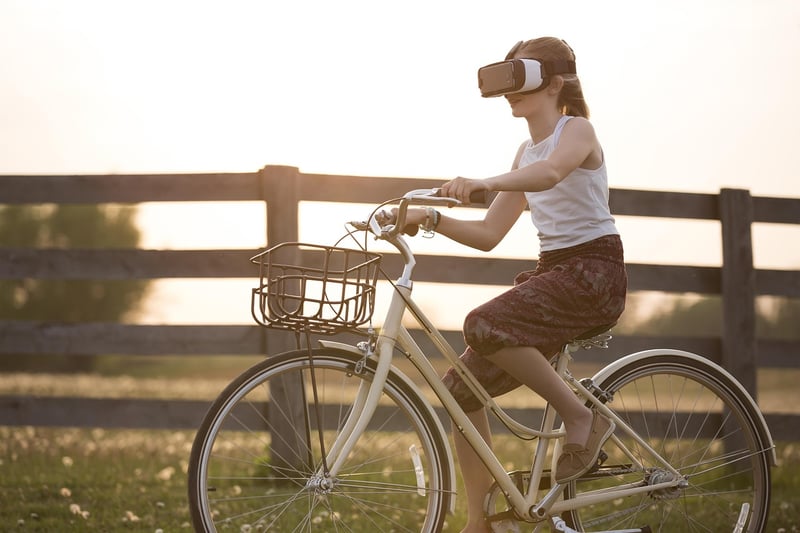
As we continue to evolve, our leisure activities will adapt to reflect our changing world. Whether it's revisiting the past through historical reenactments or exploring new virtual worlds, one thing is certain – leisure will always be an essential part of the human experience.
What era of leisure activities do you find most fascinating? Share your thoughts in the comments below!
